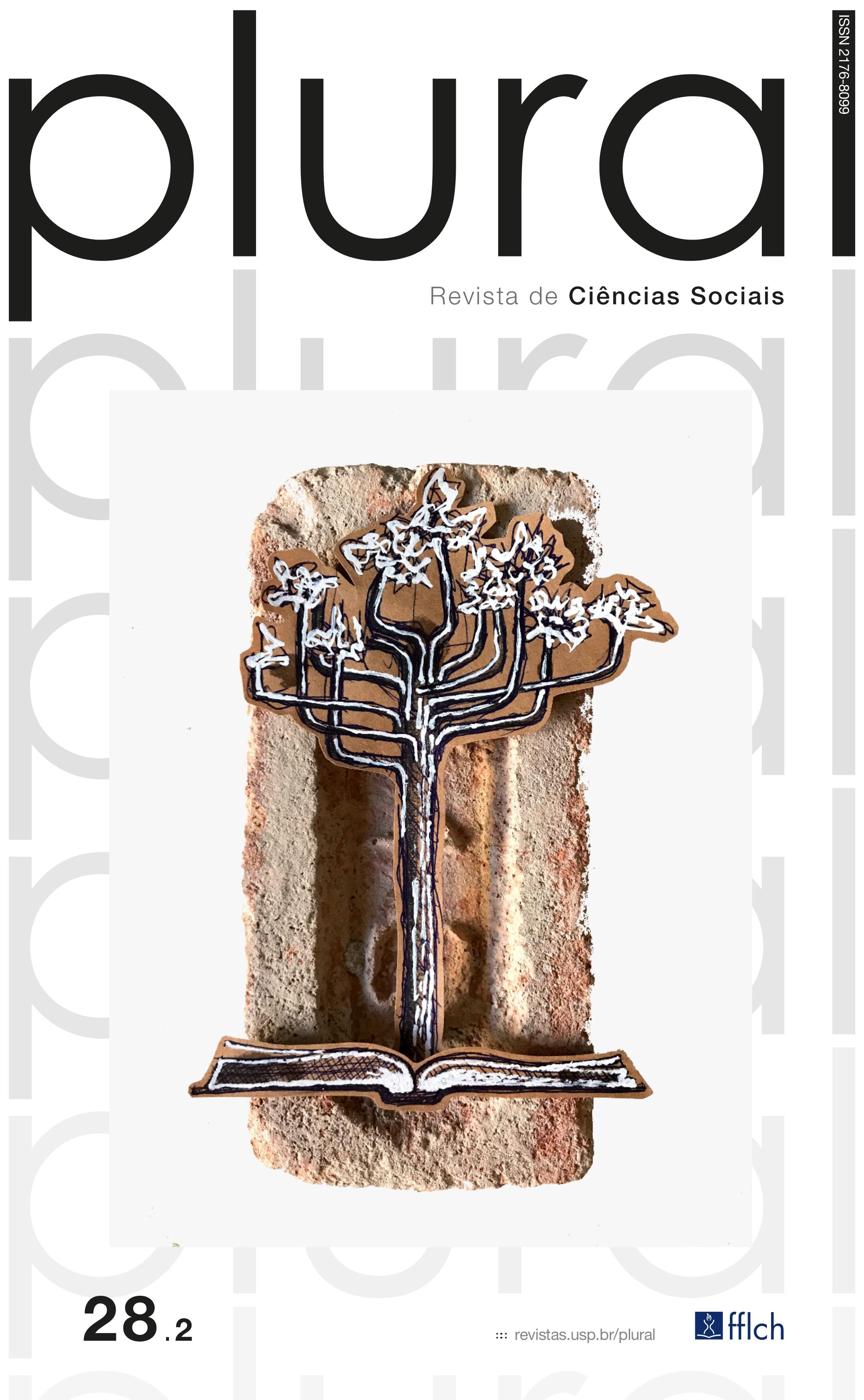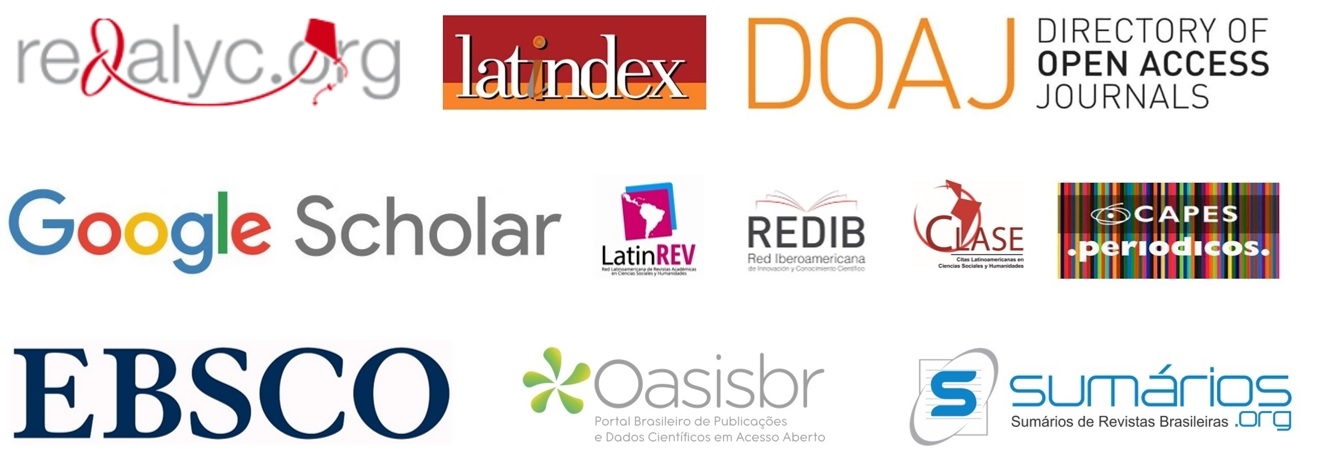Hey, want some chloroquine? Framing process in relation to the cure of Covid-19
DOI:
https://doi.org/10.11606/issn.2176-8099.pcso.2021.175981Abstract
In the digital field, a collective belief gains more plausibility through the growing repetition in a discursive network. This happens because of the prevalence of emotional appeals and personal opinions versus the facts. Thus, the legitimacy ofdigital discourse is associated with circulation (visibility). Considering this premise, the objective of this article is to understand how the “bolsonaristas” networks behave on Twitter, as well as how the actors who call themselves “bolsonaristas” own, dispute and mobilize discourses about the effectiveness of chloroquine in the cure of Covid-19 to negotiate meanings and promote engagement. This article raises two hypotheses:(i) the support network for chloroquine on Twitter is more clustered compared to the network against the efficacy of chloroquine in curing the Covid-19; and (ii) the defense of chloroquine, beyond technical arguments, concerns a political choice. To test the hypotheses, a social network analysis (ARS) and an interpretive framework analysis were performed. The article presents the research results from a database of retweets from the 6th and the 9th of July 2020. The results confirm the hypotheses.
Downloads
References
ABELIN, Pedro Henrique T. (2020) Comunicação populista: uma proposta analítica a partir do Movimento Brasil Livre e da Mídia Ninja. Dissertação (mestrado em Ciência Política). Brasília. Faculdade de Ciências Políticas da Universidade de Brasília.
AMADEU, Sérgio. (2015) Direita nas redes sociais online. In. Direita, volver!: o retorno da direita e o ciclo político brasileiro. Sebastião Velasco e Cruz, André Kaysel, Gustavo Codas (organizadores). São Paulo: Editora Fundação Perseu Abramo.
BOYD, Dana e CRAWFORD, Kate. (2012). Critical questions for big data. Information, Communication & Society, 15:5, p. 662-679
CAIANI, M & DELLA PORTA, (2018) D. The Radical Right as Social Movement Organizations. In The Oxford handbook of the radical right. [edited by] Jens Rydgren. Description: New York City: Oxford University Press.
CAIANI, M, DELLA PORTA, D. e WAGEMANN, C. (2010) Extreme Right and Populism: A Frame Analysis of Extreme Right Wing Discourses in Italy and Germany.IHS Political Science Series No. 121.
CESARINO, Letícia. Identidade e representação no bolsonarismo. In: Revista de Antropologia, São Paulo, n. 62 (3), 2019.
FRAGOSO, S.; RECUERO, R.; AMARAL, A. Métodos de pesquisa para internet. Porto Alegre: Sulina, 2013.
JOHNSTON, H. & ALIMI, E. Y. (2013). A methodology analying for frame dynamics: The grammar of keying battles in palestinian nationalism. Mobilization: AnInternationalQuarterly, 18(4), 453–474.
KALIL, Isabela. (2018). Quem são e no que acreditam os eleitores de Jair Bolsonaro. Fundação Escola de Sociologia e Política de São Paulo. Disponível em https://www.fespsp.org.br/. Acesso em abril de 2021.
KAYSEL, André. (2015). Regressando ao Regresso: elementos para uma genealogia das direitas brasileiras. In Direita, volver!: o retorno da direita e o ciclo político brasileiro. Sebastião Velasco e Cruz, André Kaysel, Gustavo Codas (organizadores). – São Paulo: Editora Fundação Perseu Abramo.
MELUCCI, A. Getting involved: identity and mobilization in social movements. International Social MovementsResearch, vol. 1, 1988.
MELUCCI, Alberto (2001). A invenção do presente: movimentos sociais nas sociedades complexas. Petrópolis: Vozes, 2001
MIGUEL, L.F. (2018) A reemergência da direita brasileira. In: SOLANO, Ester. O ódio como política: a reinvenção das direitas no Brasil. São Paulo.
MONTEVECHI, Camila. (2021) Ativismo Anticorrupção no Brasil e a Teoria dos Movimentos Sociais. Rev. Bras. Ciênc. Polít. [online], n.34.
NICOLAU NETTO, Michel; CAVALCANTE, Sávio M.; CHAGURI, Mariana M. (2019) O homem médio e o conservadorismo liberal no Brasil contemporâneo: o lugar da família, 10/2019, Científico Nacional, 43º Encontro Anual da Anpocs, Vol. 1, pp.1-3, Caxambu, MG, BRASIL, 2019.
PARISER, E. (2011). The filter bubble: What the Internet is hiding from you.Penguin UK.
RECUERO, R.; GRUZ, A. (2019) Cascatas de Fake News Políticas: Um estudo de caso no Twitter. GALÁXIA (PUCSP), v. 41, p. 31-47, 2019.
RECUERO, R; BASTOS, M; ZAGO, G. (2015) Análise de redes para a mídia social. Porto Alegre: Suline.
Downloads
Published
Issue
Section
License
Copyright (c) 2021 Política de direitos compartilhados

This work is licensed under a Creative Commons Attribution-NonCommercial-ShareAlike 4.0 International License.
Ao submeter seu trabalho à Plural, o autor concorda que: o envio de originais à revista implica autorização para publicação e divulgação, ficando acordado que não serão pagos direitos autorais de nenhuma espécie. Uma vez publicados os textos, a Plural se reserva todos os direitos autorais, inclusive os de tradução, permitindo sua posterior reprodução como transcrição e com devida citação de fonte. O conteúdo do periódico será disponibilizado com licença livre, Creative Commons - Atribuição NãoComercial- CompartilhaIgual –, o que quer dizer que os artigos podem ser adaptados, copiados e distribuídos, desde que o autor seja citado, que não se faça uso comercial da obra em questão e que sejam distribuídos sob a mesma licença (ver: http://www.creativecommons.org.br/).







